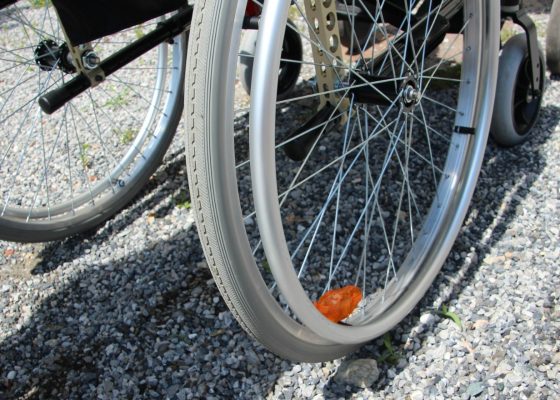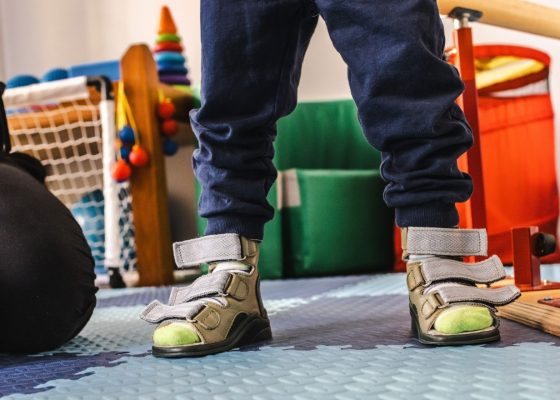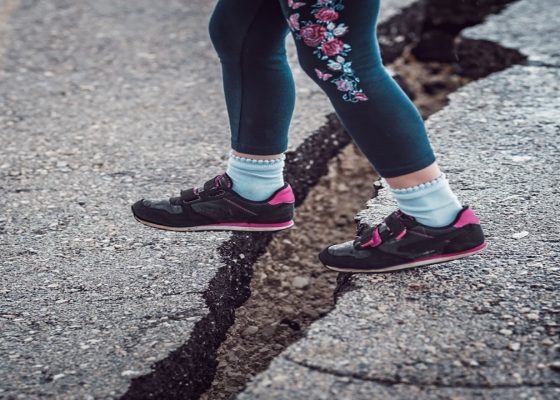The changes to travel reimbursement won’t be easy. But they could be the push we need to think differently. Let’s not waste the chance.
Recent changes to NDIS pricing have sparked concern in rural and remote communities.
Under the new rules, allied health professionals can only claim 50% of their hourly rate for travel time — regardless of distance. For families and providers already stretched thin, it feels like a blow.
But while the impact is real, it also presents an opportunity — to rethink how care is delivered across the bush, and to shift toward models that are more flexible, sustainable, and centred on the needs of patients, not systems.
Hybrid care isn’t a compromise — it’s often the ideal
In many rural communities, allied health professionals travel significant distances to deliver therapy. But even then, families often drive hours to reach them at a local hub or community health centre. The burden is immense.
The truth is that many people respond best to care delivered where they feel safest and most comfortable: in their own home. A well-coordinated hybrid model — combining occasional face-to-face therapy with regular virtual sessions — can be just as effective.
Take physiotherapy.
A patient might attend an in-person appointment every two months to update their program, while meeting weekly with a virtual physiotherapist who can monitor technique, suggest real-time adjustments, and keep progress on track.
This isn’t about cutting corners — it’s about sustaining outcomes in a practical, cost-effective way.
This model works.
I have worked in rural NSW where virtual allied health services were implemented across many services including dietetics, speech pathology, occupational therapy and physiotherapy.
These services all commenced prior to the covid pandemic, with its associated lockdowns and services moving “online”.
What I saw was that when we were free to travel again – clinicians and families were all keen to reunite in person – however many families told us they preferred virtual delivery for its convenience, accessibility and reduced stress on the family.
I do believe that the virtual allied health services, as a complement to face-to-face contact made a meaningful difference.
When travel gets in the way of care
Talk to carers of people with significant disability and you’ll hear the same story: getting to appointments can be exhausting. For families with young children, limited leave, and no access to childcare, a one-hour therapy session can take up an entire day.
It means time off work, kids pulled from school, long car trips, and an overwhelmed child entering the surrounds of an often unfamiliar clinical setting already stressed.
This is not what patient-centred care looks like.
Related
Let’s spend funding on what matters most.
Yes, some face-to-face care will always be necessary. But we need to stop equating value with kilometres travelled. When clinicians spend hours on the road, that’s time not spent delivering care. A hybrid model isn’t just more accessible — it’s more productive.
It means:
- More therapy sessions delivered;
- More consistent follow-up;
- Less burnout for clinicians;
- Better results for families.
This isn’t a one size fits all solution. But for many — especially those in rural and remote areas — it’s the right one. And the recent changes to travel reimbursements, while difficult, may finally force the sector to take hybrid delivery seriously.
Rethinking service delivery in the bush
The NDIS wasn’t designed to fund inefficiency. It was created to help people lead fuller, more independent lives — including those living far from city centres.
To deliver on that promise in rural and remote areas, we need smart models of care. That means strong clinical governance, local partnerships, and service models that are designed with — not just for — communities.
If you’re a family managing a NDIS budget, your funding is precious. It should go toward delivering the highest standard of care — not the longest hours behind a steering wheel.
The changes to travel reimbursement won’t be easy. But they could be the push we need to think differently. Let’s not waste that opportunity.
Richard Cheney is clinical services director at Healthy Communities Foundation Australia.




